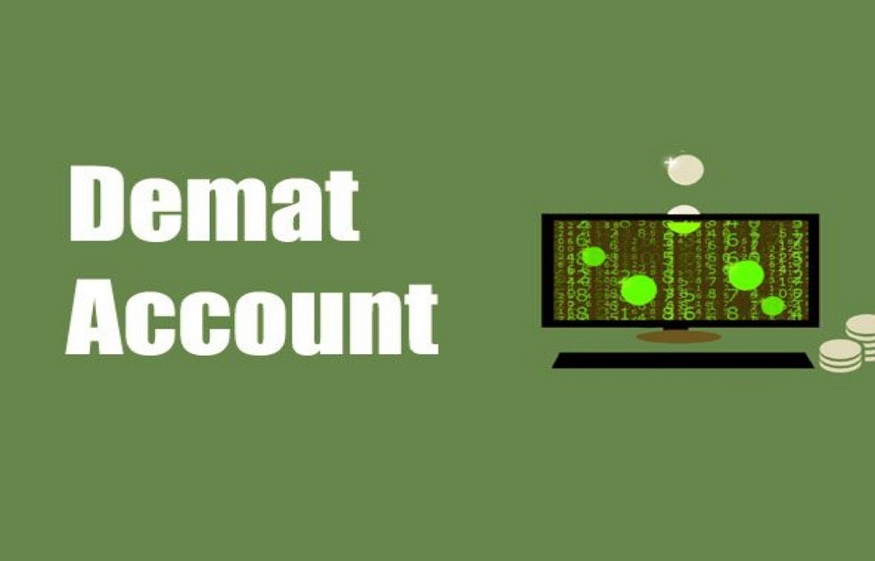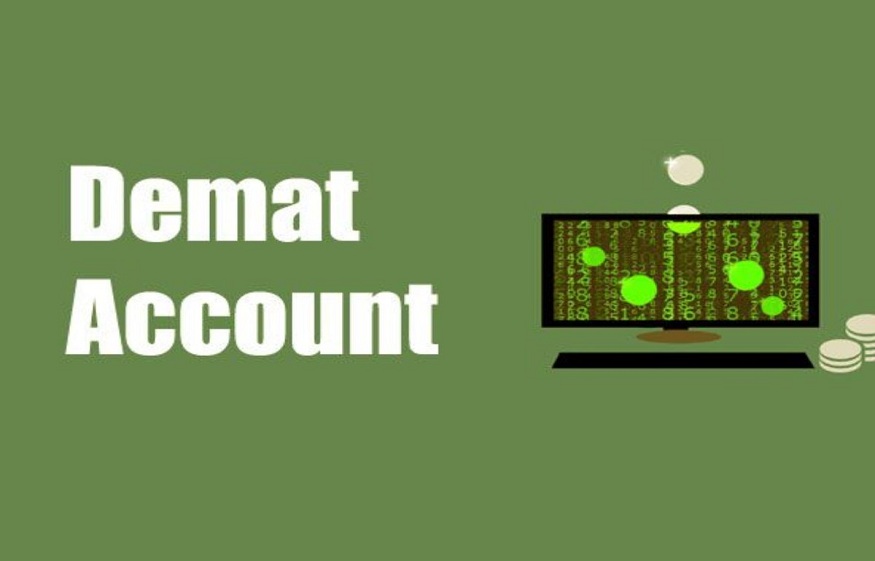Demat Account Charges: What to Know Before You Open

Opening a Demat account is a crucial step for investors who want to trade in the stock market seamlessly. However, before you proceed, it’s essential to understand the different charges associated with a Demat account. These charges can impact your investment decisions, so knowing them in advance helps you plan better and avoid unexpected costs.
Types of Demat Account Charges
When opening a Demat account, you will come across various fees that Depository Participants (DPs) charge. These charges differ based on the financial institution, services offered, and type of investor. Below are the key charges to consider:
1. Account Opening Charges
Many DPs offer free account opening, but some institutions charge a one-time fee for setting up your Demat account. The cost varies from one DP to another and depends on the brokerage firm’s policies.
2. Annual Maintenance Charges (AMC)
AMCs are fees levied annually for maintaining your Demat account. Some providers offer zero AMC for the first year, while others charge a nominal amount ranging from ₹300 to ₹1,000 per year. If you’re a long-term investor, choosing a provider with lower AMCs can save you money in the long run.
3. Transaction Charges
Each time you buy or sell shares, a transaction charge applies. These charges may be based on:
Per transaction fee – A fixed fee per trade.
Percentage-based fee – A percentage of the transaction value.
The transaction charges vary depending on whether you are trading on the National Securities Depository Limited (NSDL) or the Central Depository Services Limited (CDSL) platform.
4. Custodian Fees
Custodian fees are charged by depositories to maintain securities in electronic form. However, most DPs include these fees within the AMC, so you may not see them as a separate charge.
5. Dematerialization and Rematerialization Charges
If you want to convert physical share certificates into electronic form (dematerialization) or vice versa (rematerialization), DPs charge a fee per certificate. This fee typically ranges between ₹5 and ₹50 per certificate.
6. Pledge and Unpledge Charges
If you use your securities as collateral for a loan, your shares need to be pledged. Depositories charge a fee for pledging and unpledging securities, which varies from ₹20 to ₹50 per transaction.
7. Debit Transaction Charges
Whenever you sell shares, a debit transaction fee applies. Some DPs charge a flat fee per transaction, while others levy a percentage of the transaction value. It’s important to check these charges before opening your Demat account.
How to Reduce Demat Account Charges
If you’re concerned about high charges, consider these strategies:
Compare DPs: Research different providers and compare their fee structures to choose the most cost-effective one.
Opt for Discount Brokers: Discount brokers often have lower fees than full-service brokers.
Check for Waivers: Some brokers waive AMCs or transaction charges for a limited time or under specific conditions.
Avoid Unnecessary Transactions: Frequent trading can lead to higher transaction costs, so trade strategically.
Choosing the Right Depository Participant (DP)
Selecting the right DP is crucial to minimizing costs while enjoying seamless trading. Consider the following factors:
Fee structure: Ensure it aligns with your trading frequency and investment style.
Customer service: Reliable support is essential for resolving issues quickly.
Ease of use: A user-friendly trading platform enhances your trading experience.
Additional services: Some DPs offer research reports, advisory services, and advanced trading tools.
For those looking to open free Demat account, choosing a DP with competitive pricing and efficient services is essential. By minimizing unnecessary expenses, investors can focus on building a strong portfolio without worrying about excessive fees.
Conclusion
Before you open a Demat account, understanding the associated charges is essential for effective financial planning. Whether it’s account opening fees, transaction charges, or AMCs, being aware of these costs helps you make informed decisions. Compare different depository participants, choose a cost-effective option, and optimize your trading strategy to minimize unnecessary expenses. By taking these steps, you can manage your investments efficiently and achieve your financial goals.
Note: IndiBlogHub features both user-submitted and editorial content. We do not verify third-party contributions. Read our Disclaimer and Privacy Policyfor details.





